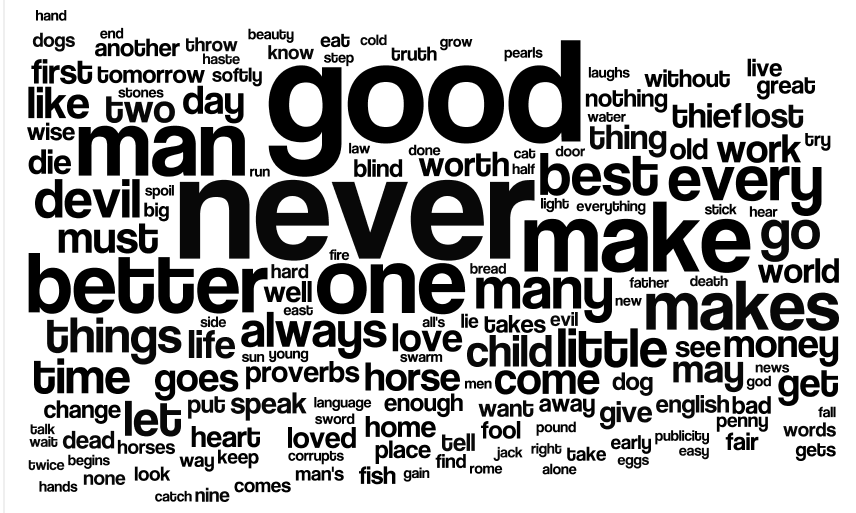The proverbial saying ‘All’s fair in love and war’ expresses the idea that, like war, where any strategy is accepted, affairs of the heart are also no-holds-barred contests.
All’s fair in love and war
What's the meaning of the phrase 'All's fair in love and war'?
What's the origin of the phrase 'All's fair in love and war'?
In common with many proverbs, the basic idea behind ‘All’s fair in love and war’ existed in other forms before it took on the wording we now use. These variants are often in other languages which may supersede the English version.
The first known example of the proverb I know of is in the English writer and courtier John Lyly’s romantic novel Euphues, the Anatomy of Wyt, 1578:
Anye impietie may lawfully be committed in love, which is lawlesse.
Soon after the end of the Tudor era the Irish translator Thomas Shelton published an English version of Cervantes’ Don Quixote, 1620:
Love and warre are all one [Spanish – el amor y la guerra son vna misma cosa]: and as in warre it is lawful to use sleights and stratagems to overcome the enemy: So in amorous strifes and competencies, Impostures and juggling tricks are held for good, to attaine to the wished end.
Almost a century later we find a version of the proverb that is close to its present form – in The Artful Husband, 1717, the comic play by the English lawyer and playwright William Taverner:
All advantages are fair in Love and War.
Finally, in 1789, we get to the proverb in the form we now use it – in the novel The Relapse, or Myrtle Bank:
Tho’ this was a confounded lie, my friend, ‘all is fair in love and war’.
See also: the List of Proverbs.
Related phrases and meanings
Browse more Phrases
About the Author

Phrases & Meanings
A-Z
A B C D E F G H I J K L M N O P Q R S T UV W XYZ
Categories
American Animals Australian Bible Body Colour Conflict Death Devil Dogs Emotions Euphemism Family Fashion Food French Horses ‘Jack’ Luck Money Military Music Names Nature Nautical Numbers Politics Religion Shakespeare Stupidity Entertainment Weather Women Work
